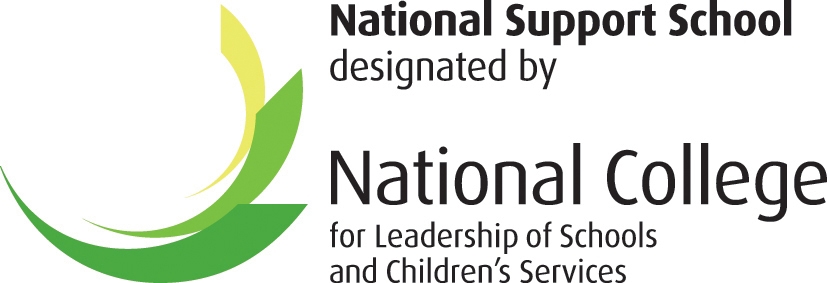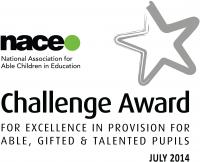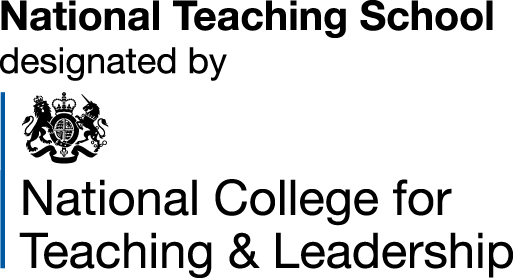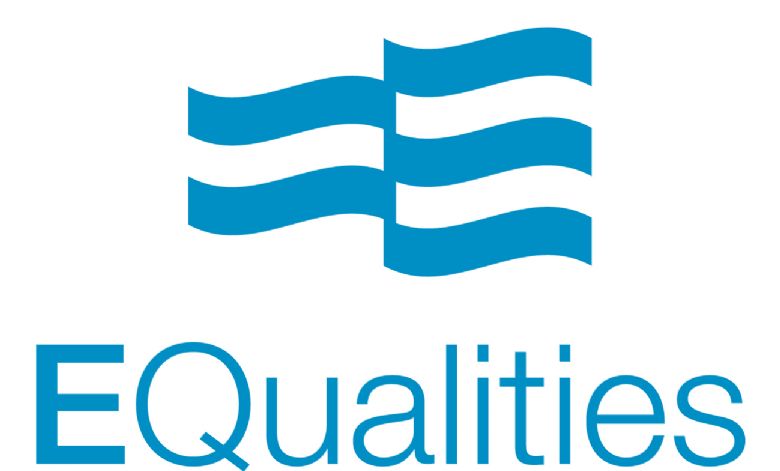Religion and Philosophy
The Religion and Philosophy team consists of:
- Mrs Thomas (Head of Department)
- Miss Birch (Head of Year)
- Miss Borthwick (Head of Year)
- Mr Thomas
- Mr Nainu
We were awarded the RE Quality Mark ‘Gold award’, their highest accolade, in December 2022. The RE Quality Mark exists to recognise outstanding learning in Religious Education across the country and it is a testament to our fantastic Religion & Philosophy team, the respectful and diligent students and the support of senior leaders, that our application was successful in achieving the Gold Award.
Additionally, the department were part of the ‘Deep Dives’ when we were visited by Ofsted in Feb 2020. The department were specifically praised in the report, and we are very proud of the work we continue to do to develop our students into respectful and tolerant young adults.
The Ofsted report said:
They use probing and often very challenging questions to make sure pupils know and remember what has been taught. For example, in Year 7 religion and philosophy, pupils used specific subject terminology accurately to discuss and debate the question posed by their teacher, ‘Does God really exist?’
Leaders have made sure that pupils receive an expansive range of opportunities to develop their spiritual and moral understanding. The philosophical questions posed by teachers, such as ‘Is there life after death?’, alongside weekly tutor-led sessions on Fridays build pupils’ spiritual and moral awareness very effectively. Pupils develop their social and cultural understanding incredibly well.
KS5
At KS5 we study OCR Religious Studies at A level, which consists of three components: Philosophy, Ethics and Buddhism. Students achieve excellent examination results, and the course enhances their academic writing, improves their oracy skills, and develops their ability to critically evaluate a range of philosophical and ethical ideas. On average we have 12 to 15 students at AS and A2. In the past our students have gone on to study at Oxbridge universities, some have studied Philosophy at university, and many go on to careers in Law, Journalism and Medicine.
KS4
All our students sit the full course GCSE examination (approximately 270 students) at the end of Year 10, a year earlier than their other examinations to allow our students to focus on this GCSE and give them an experience of what sitting GCSEs is like before their other examinations at the end of year 11. Our year 10 students thrive off this experience and use it to enhance their technique for exam preparation and alleviate some nerves in year 11. Our examination results have been consistently outstanding, and we are very proud of the way students engage with and enjoy the course.
We study Edexcel Religious Studies B (1RBO), with Unit 1 being ‘Religion and Ethics’ from a Muslim perspective (1RBO/1C) and Unit 2 being ‘Religion, Peace and Conflict’ from a Christian perspective (1RBO/2B). As part of this course students study the beliefs and practices of Christianity and Islam and apply their views to a wide range of ethical and philosophical subjects relevant in the modern day.
KS3
Our KS3 course comprises a range of units which either focus on a world religion (such as Christianity, Islam and Buddhism) or are a philosophical or ethical thematic study, which cover a wide range of world religions and humanism (such as our unit called ‘Who is God?’ and the ethical unit ‘What would you choose?’). By the end of KS3, students be able to explain some key beliefs of all six of the world religions, evaluate a range of philosophical statements, persuasively justify their own point of view and show an awareness of diversity Christianity and Islam within the world religions.
Assessment
Homework will mostly be given once a week (for Foundation students this should take approximately 30 minutes and for KS4 students this will take approximately 40 minutes). However, on occasion, a two-week homework may be set which will take longer to complete or homework may involve going over work previously learnt in the last lesson.
Typical homework activities include: researching, responding to key questions, rote learning key terminology or spelling, rote learning key beliefs and practices, completing a survey and analysing the results and responding to GCSE questions.
Formative assessments (assessments that are given a fine grade and a target for improvement) are completed in Foundation usually once in a unit (on occasion there will be an additional piece set as homework, which is formatively assessed in the middle of a unit. For KS4, students will be formatively assessed twice in each unit (once in the middle of the unit and once at the end of the unit, where students will sit a complete set of a-d GCSE examination questions.) At KS5, a formative milestone will be completed at the end of each unit.
Support
Two months before the examinations take place, a number of revision corridor sessions will take place either focusing on specific content or examination skills.
Teachers are willing to be asked for appointments at any point if students require extra one-on-one support.
Extra-curricular Opportunities
At the start of each year, Philosophy Club is run during the Autumn term for Year 7 students to encourage them to think more deeply about issues affecting the world around us and question the possibility of ‘another dimension to life’. This is targeted to Silver Programme students due to the complex material we cover but is accessible and open to all Year 7 students.
The group ‘RE inspired’ come to Maiden Erlegh to discuss the person of Jesus with our whole cohort of Year 7 students and in Year 8 a Buddhist visitor discusses their beliefs with our students. In Years 9, we host an Imam and a Christian minister, to enhance our students’ understanding of the two faiths we explore at GCSE level and in the past we have held an Interfaith Conference with guest speakers from Hindu Dharma, Judaism, Sikhi, Humanism, Christianity and Islam. Additionally, RE Inspired visit our A Level students to enhance their understanding of the units ‘Religious experiences’ and ‘the problem of evil.’
Withdrawal from RE
Parents have the right to choose whether or not to withdraw their child from RE without influence from the school, although a school should ensure parents or carers are informed of this right and are aware of the educational objectives and content of the RE syllabus. In this way, parents can make an informed decision. Where parents have requested that their child is withdrawn, their right must be respected, and where RE is integrated in the curriculum, the school will need to discuss the arrangements with the parents or carers to explore how the child’s withdrawal can be best accommodated. If students are withdrawn from RE, schools have a duty to supervise them, though not to provide additional teaching or to incur extra cost. Students will usually remain on school premises.
Should you wish to withdraw your son or daughter from Religion & Philosophy, please contact the Headteacher in writing.







